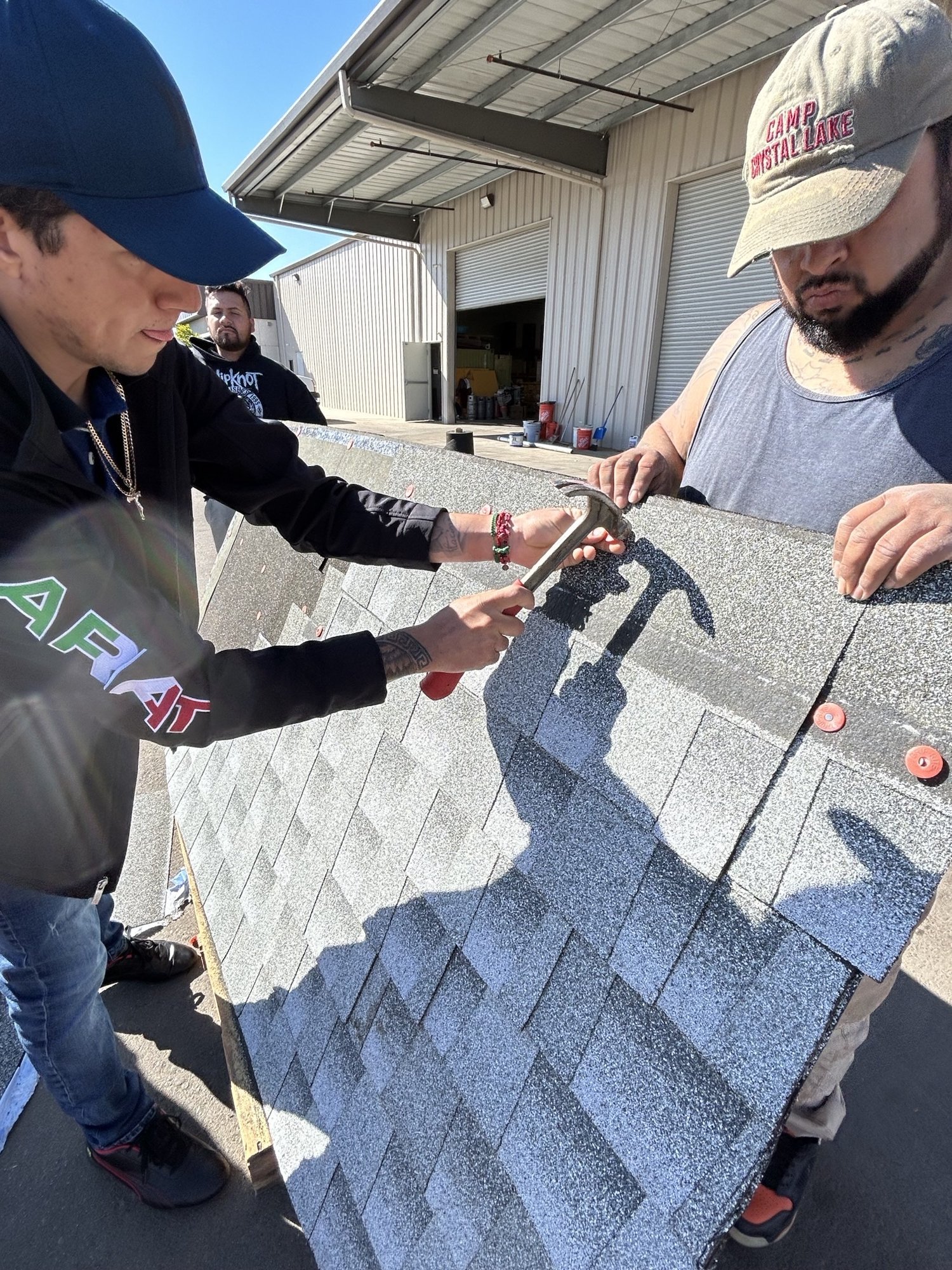
Why California Roofer University?
What Are The Benefits?
Certification
All that are needed, Updates on new regulations, Develop new leaders.
Compliance
Satifsy all OSHA and state requirements, Prevent fines & shutdowns, and OSHA violations.
Competence
Improve workers knowledge, build teamwork and bonding, Unique experiences, instructor sources are vetted and qualified
Convenient
Ease of access, just show up!
Cost-Effective
WHY ROOFERS UNIVERSITY
What Problems Eoes it Solve?
All your safety requirements
Prevention
Less on the job injuries
Reduced Insurance Liability costs
Introduction and mastery of new techniques, materials
Flexible schedule – at your site, jobsite, manufacturer’s site or the IRCC Apprentice sites. Any day of the week. Bi-lingual.
Create Better Training Opportunities
Continue Training
Some companies train their employees for one job and stop there. You must create growth opportunities for employees by offering ongoing training that will help them improve and advance in their careers. For example, you regularly can ask experienced, successful employees to tell you about the friction points they encounter and then train around those problems.
Cross-train Employees
When you are at or near peak staffing, you should fully examine your operations, identify potential staffing shortages or skills vulnerabilities, and develop a cross-training initiative to help close the gaps. Broaden your employees’ job responsibilities and give them a chance to practice their new role. More workers will be knowledgeable about certain roles and can help bring more scrutiny and improve efficiency.
Evaluate Your Training System
It is important you examine your company’s training so you can determine whether it is working. You want your employees to perform their jobs consistently well, see a clear path for advancement, enjoy coming to work every day and be able to create the result you seek.
Contact
do you have any questions or our like to discuss getting involved? Tap/click the link below to get strarted!



